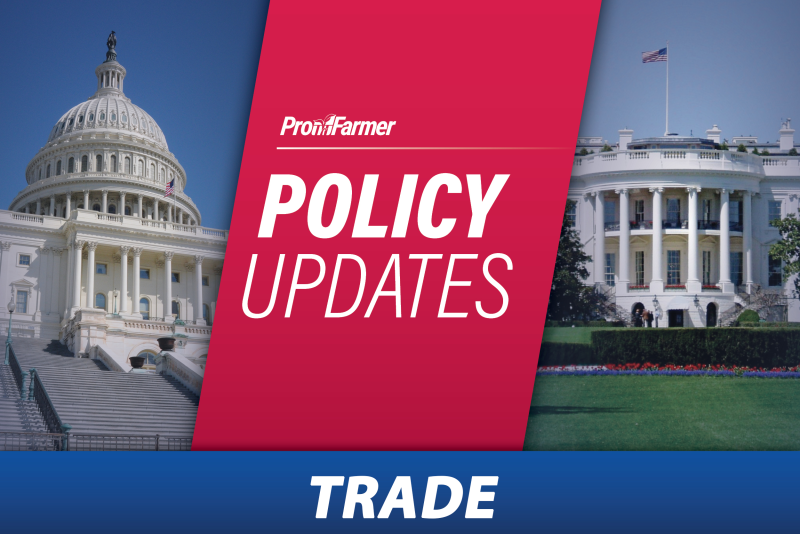The European Union is taking steps to align import standards with domestic regulations, focusing on pesticide use and animal welfare. Announced on Wednesday (link), the move aims to address EU farmers’ concerns and ensure fair competition. “The Commission will establish a principle that the most hazardous pesticides banned in the EU for health and environmental reasons are not allowed back to the EU through imported products.”
Pesticide Restrictions
- Products treated with hazardous pesticides banned in the EU may be prohibited.
- A case-by-case approach will be used to assess toxic pesticide use.
- An impact assessment will evaluate competitive and international effects.
- Compliance with WTO rules will be considered.
Animal Welfare Standards
- Imported livestock products must meet EU welfare regulations.
- Part of a broader push for stricter trade rules on agricultural imports.
Trade Implications
- The restrictions may impact major exporters like the U.S., particularly soybean trade.
- Potential WTO rule violations could spark trade disputes.
- U.S. farmers are concerned about potential revenue losses. Some estimates indicate that U.S. exports of fruits and vegetables to the EU have already reduced by nearly 14% due to stricter MRLs (Maximum Residue Limits), translating to roughly $17 million in lost revenue each year.
Motivations
- Protecting EU farmers from unfair competition.
- Addressing environmental and health risks.
- Strengthening consumer trust in food safety and ethical standards.
Bottom line: As the EU implements these measures, balancing domestic priorities with global trade obligations will be crucial.

